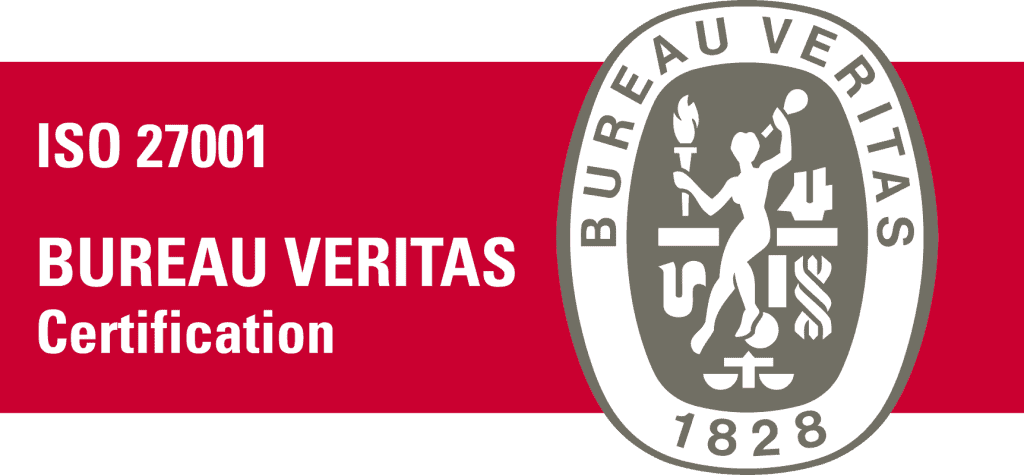
Begin by meeting with the financial advisor. A meeting with a financial advisor will provide you with a valuable opportunity to learn about their experience, career background, and fees. Here are eight questions you can ask your financial advisor at the first meeting. These questions will help you decide if this person is right to you. A qualified financial adviser can also give advice on your financial future.
8 questions to ask financial advisors at the first meeting
When you meet with a financial advisor for the first time, you should make sure you know what to expect. You should ask questions to clarify what you need and which criteria you are most concerned about. This will allow you to create a list of questions for your financial advisor. You should do a gut check with your advisor before you meet them. For example, check to see if the financial advisor is registered with the state and does not have conflicts of interest.

The financial advisor must understand how you spend your money. This will enable them to provide advice on how to help you achieve your goals and manage finances. Some people are strict savers while others spend extravagantly. Ask your advisor about your household budget. Ask them about your household budget and they should be able tell you why. Lastly, make sure you get a feel for the advisor's style and personality.
Career experience
Financial advisors must communicate well and be able to understand their clients' goals. They need to be able to use many computer programs including spreadsheet software. A degree in business, finance, or law is the most common preparation for a career as a financial advisor. Certain financial firms require new graduates with a GPA to be hired. A financial advisor must take continuing education classes each year once they are hired.
To become a financial adviser in the financial services industry, you will need a bachelor's Degree. Many professionals get into the industry working in investment firms. While internships may lead to advanced degrees and certifications, it's also possible to get into this industry through an alternative route. Financial advisors may conduct research on investments and update client's financial plans during internships. After they have gained experience in this area, they can open their own firm or join an existing business.
Fees
It's crucial to understand the financial advisor's cost. Many advisors charge hundreds of thousands of dollar and may not disclose other income sources such as percentages, commissions, or payouts. You may be tempted by them to sell you products that do not suit your best interests. In such cases, it is important to insist on full disclosure of fees right from the beginning. You can determine whether the fee structure for advisors is right for you by answering these questions.

The amount of advice you receive will be based on the fees you agree to pay. Some financial advisors charge lower fees than others. Nonetheless, it's important to understand the costs of your financial advisor before committing yourself to their services. As you are paying them to help create a financial strategy, you don't want a poor investment outcome.
FAQ
What was the origin of modern consultancy?
The first consultants were actually accountants who would help companies manage their finances. Their skills in managing financial information led to them being called "accounting consultant". But, their role soon expanded to other areas such as human resource management.
The French word "to advise" is the origin of the term "consultant". It was first used by businessmen to refer to someone who could give advice about how to run an organisation. In fact, most business owners today still use the word consultant when referring to any kind of professional advisor.
How do I choose a good consultant?
There are three key factors to be aware of:
-
Experience - How experienced is the consultant? Is she a beginner, intermediate, advanced, expert, or something else? Does her resume show that she has the necessary skills and knowledge?
-
Education - What did this person learn during school? Did he/she study any relevant courses after graduating from high school? Were there any evidences of this learning in his/her writing?
-
Personality - Do we like this person? Would we prefer him/her working for us?
-
These questions will help us determine if the consultant is right to meet our needs. If the answers are not clear, it may be worthwhile to interview the candidate in person to get more information about them.
Who hires consultants
Many businesses hire consultants to assist them with their projects. These include small businesses, large corporations, government agencies, non-profits, education institutions, and universities.
While some consultants work for these companies, others are freelancers. In both cases, the process for hiring depends on how complex and large the project is.
Many rounds of interviews are required when hiring consultants. Then, the final decision will be made about who you believe is best for the job.
How much do consultants make?
While some consultants make $100k+ per year, most consultants only earn between $25-$50k. An average consultant salary is $39,000 This applies to both hourly and salaried consultants.
Salary depends on experience, location, industry, type of contract (contractor vs. employee), and whether the consultant has his/her own office or works remotely.
Statistics
- According to IBISWorld, revenues in the consulting industry will exceed $261 billion in 2020. (nerdwallet.com)
- 67% of consultants start their consulting businesses after quitting their jobs, while 33% start while they're still at their jobs. (consultingsuccess.com)
- On average, your program increases the sales team's performance by 33%. (consultingsuccess.com)
- My 10 years of experience and 6-step program have helped over 20 clients boost their sales by an average of 33% in 6 months. (consultingsuccess.com)
- Over 62% of consultants were dissatisfied with their former jobs before starting their consulting business. (consultingsuccess.com)
External Links
How To
How Do I Find A Good Consultant?
Understanding your needs is the first step to finding the right consultant. Do you want them to help you improve your website's performance? Are you looking for them to help optimize your website to rank higher on search engines? Perhaps you simply need someone to tell you if your current host provider is having issues. You should know the type of services that you require before you start looking at other companies. Although there are many consultants who claim to offer these services, very few of them can actually provide the required results. How do you choose the right consultant? These are some things you should consider when choosing a consultant.
-
Refer to others. This is the best way to select a consultant. It's not a good idea to hire someone you haven't heard of, as you will likely end up paying too much. However, you shouldn't work with someone with poor reputations. If you have the good fortune to get referrals from trusted people, great! Even if you don’t have any referrals, you can still look online for reviews. Seek out testimonials from satisfied clients.
-
Ask around. Many people are not aware of the benefits of hiring a consultant. Many people believe that they are doing well and don't need any changes. This is often not true. Even if you have great results right now you probably haven't been keeping pace with new technologies or trends. You'll lose out on the opportunities to grow your company if you rely on old methods. It's worth asking your friends and family for recommendations to help you find the right consultant.
-
Check their qualifications. It doesn't matter if you are looking for a consultant to help you build a blog or launch a multimillion-dollar eCommerce site, you need to make sure they have the right skills to manage your project. Check that they are qualified to complete the tasks and have enough expertise in the chosen area.
-
Find out about the types of projects they specialize. Although it might seem like everyone can do everything, this is not true. Certain areas may require special training or education. You won't hire a Drupal developer if you need to build a WordPress template. Graphic design and programming languages are all subject to the same rules. Ask them what types of projects they are most familiar with.
-
Be aware of their fees. As we said, you don't want to pay too much for a consultant. You also don’t want to spend too little. Consultants come in many sizes and shapes. Some charge hourly rates while others bill per project. You will save money if you know exactly what you're going to pay upfront.
-
Know what they offer. Are they providing free consultations? They will be able to offer you guidance on setting up your own system. Is it possible to be sure that your site ranks higher when you work with them You have the right to cancel at any time if you aren't satisfied with what was said during your consultation.
-
Find out if the company offers discounts for several months or years. Many consultants offer discounted pricing for extended time periods. Even though you do not necessarily have to commit to a whole year of service, you might still be able to benefit from any specials they offer.